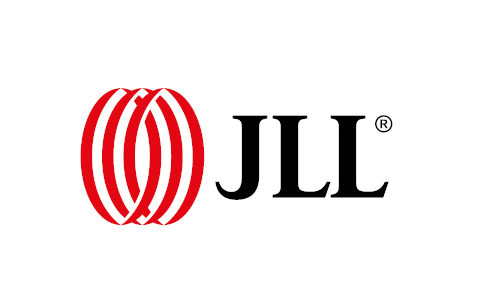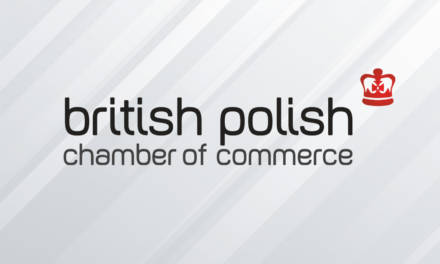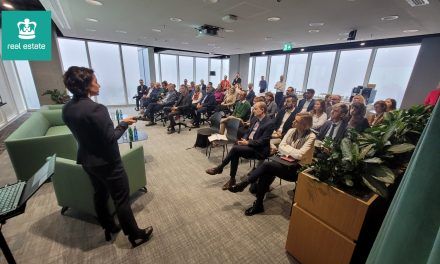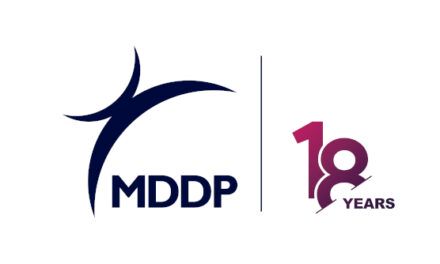

A properly designed office can increase organisation’s productivity and improve staff’s comfort. Recent years have significantly influenced the way we work, which has inspired employees to look for employers who offer something more than just bricks-and-mortar. To meet these demands, companies focus more on versatile spaces that foster flexibility, interaction and creativity.
After the pandemic period, employees began to expect more flexibility to work from any location. At the same time, the importance of personal contacts in the office remains an essential part of everyday life, which puts pressure on employers to meet both needs. Properly thought-out and planned office space is a crucial element affecting employee satisfaction, which affects the development of the organisation.
High demand for the hybrid way of working
Currently, most employees prefer to work in a hybrid way, therefore it’s important to create an office that supports combining stationary and remote work. However, there’s no one way to effectively implement hybrid concept. In order to create an appropriate model for the organisation, company must first define the employees and the organisation needs in detail.
According to the JLL report A New Employee Value-Proposition for a New World of Work, employees expect hybrid work with an average number of days in the office per week equal to 2.6 (this number varies between industries, companies or types of work performed by employees). It turns out that currently only 48% of employees consider their company a good place to work, and its least-attractive attribute are managerial duties and a rigid routine.
Based on the available statistics and observing the evolution of employees’ approach to work, it is necessary to listen and address their needs, to build an organisation’s multidimensional-resilience. This can be achieved by planning and implementing appropriate strategies focused on the values expressed and expected by employees.
Space for the teamwork
Although hybrid work will stay with us for good, it poses new challenges. One of them is the so-called the paradox of hybrid work. On the one hand, such a model desired by employees gives them flexibility, on the other hand, it causes a sense of isolation and less attachment to the workplace. Another aspect is the need to re-evaluate the new social contract – the decision on whether an employee will stay with the current employer is not motivated only by the amount of pay but becomes more complex and comprehensive. Therefore, before companies deal with the subject of the real estate itself and its adaptation to the needs of modern employees, it is so important to understand the needs of people in the new hybrid reality.
As JLL, we are observing a hybrid transformation of offices. Based on our internal experience from the last two years, we see some key trends.
The share of individual space in relation to the entire size of the office has decreased from 64% to 40%, in favour of space for cooperation, currently occupying an average of 31% of office space (before the pandemic it was an average of 12% of the total office). And employees do not avoid shared desks as often as they did before 2020. This approach results from the fact that they want to use the office as a platform for cooperation – a place where they can meet and create their small communities.
Comfortable space for everyone
International corporations have long discovered that diversity simply pays off. It is a guarantee of faster response to changes, better response to customer needs, greater innovation and improvement of the company’s image – both among business partners and potential employees. While the diversity of employment is the responsibility of the organisation itself, inclusivity is largely on the side of the architect.
Employees must feel comfortable in the work environment, not only in terms of the atmosphere in team, but also the office space, which should provide its users with a well-thought-out and planned positive experience. For this reason, offices should be created in a way that’s friendly to various groups, and the spaces themselves should be supported by education that shapes appropriate attitudes.
Companies that support their employees are the most successful – and their success begins with the creation of an appropriate organisational culture, of which the work environment is an indispensable element. The well-being of employees, a well-coordinated team and focus on results are the recipe for the success of the organisation. The interaction and communication of teams is facilitated by a properly designed space, planned as a support system, not a barrier.
Author
-

JLL (NYSE: JLL) is a leading professional services firm that specializes in real estate and investment management. JLL shapes the future of real estate for a better world by using the most advanced technology to create rewarding opportunities, amazing spaces and sustainable real estate solutions for our clients, our people and our communities. JLL is a Fortune 500 company with annual revenue of $19.4 billion, operations in over 80 countries and a global workforce of more than 102,000 as of June 30, 2022. JLL is the brand name, and a registered trademark, of Jones Lang LaSalle Incorporated.


























